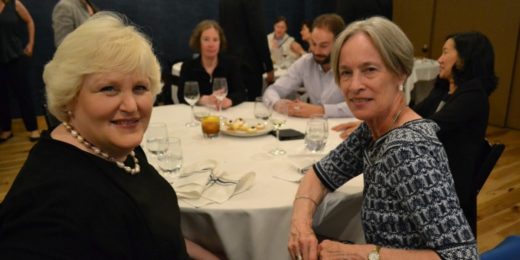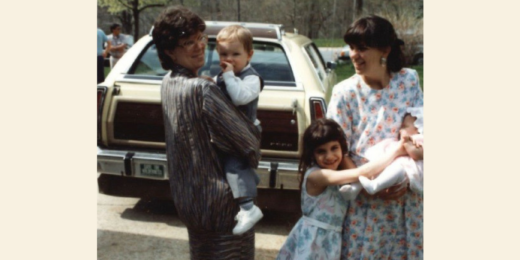In this essay, which originally appeared in Months to Years, writer Nicole Hardina reflects on caregiving for her partner who was dying of brain cancer.
Category: Palliative Care
Avoiding invasive treatment in dying patients may not shorten lifespan
Withdrawing or withholding invasive medical treatments to keep very ill patients in the ICU comfortable and communicative may not hasten their death.
Doctors’ notes hold clues about cancer patient survival
A Stanford-designed computer algorithm helps doctors predict the lifespan of patients with metastatic cancer by looking for clues in their own exam notes.
A stage IV cancer patient discusses what it means to live well with serious illness
A stage IV cancer patient discusses what it means to live well with serious illness at Stanford Medicine's Jonathan King Lecture series.
The talk: Younger brain cancer patients provide a model for patient empowerment
A new generation of brain cancer patients are working to improve care and connect and support patients using social media and advocacy.
Who is the designated driver, or proxy, for your health decisions?
A recent Stanford study found that patients and their health care proxies have divergent opinions on specific health care practices.
How AI can improve end-of-life care
Stanford pilot program marries technology and compassion, artificial intelligence and palliative care, so doctors can help patients die on their own terms.
After cancer: A new way of being family
After her older sister died from cancer, 25-year-old Jacqueline Genovese took over care for her children, a 2-year-old and a 4-year-old.
Discussing care goals with a nonclinical worker brings higher patient satisfaction, lower costs, study finds
Stanford's Manali Patel found higher satisfaction and lower costs for advanced cancer patients who spoke with a nonclinical worker about care preferences.
Butterfly passing: On my father’s death
When Kimberly Nichols' father was dying from cancer, they reconnected after many years, leaving her struggling to cope with his loss.
Let’s pretend: A family’s denial
Writer Loren Stephens reflects on her father's death from cancer and on her family's decision to hide the terminal diagnosis from him. This is part of Scope's collaboration with the publication Months to Years.
Hospice, palliative care, and the healing of a life
At a recent seminar hosted by Stanford medical students, hospice physician Gary Pasternak discussed his work and the importance of listening and storytelling.
New postdoctoral fellowship will allow nurse-scientists to conduct palliative care research
Stanford Medicine is introducing a new postdoctoral fellowship for nurse-scientists in palliative care. The program begins in the fall.














